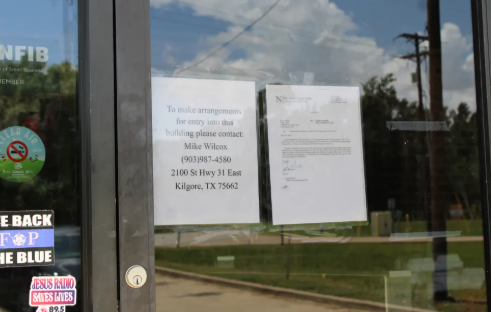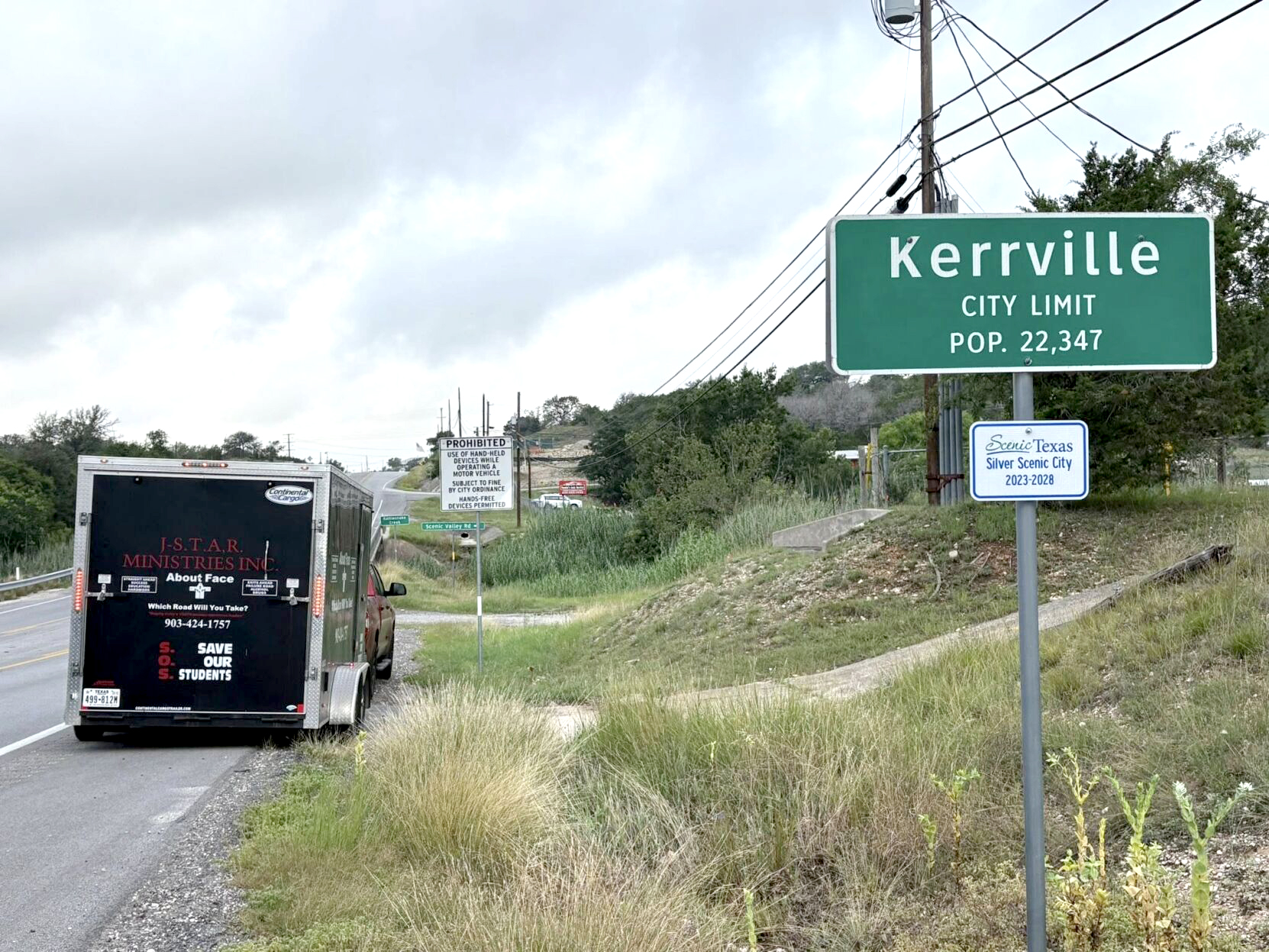Can justice be found in rubble of Purdue Pharma?
Published 2:02 pm Thursday, September 19, 2019
What is the main purpose of the multiple lawsuits seeking to hold the pharmaceutical industry liable for the epidemic of opioid addiction and death that has swept the country over the past two decades? By filing for bankruptcy and offering to distribute billions of dollars among jurisdictions that agree to settle their claims against it, Purdue Pharma has implied that the plaintiffs are really interested in one thing, money. And undoubtedly they are: Purdue’s cash could do a lot of good for victims of opioid addiction, especially if it does indeed get spent on addiction treatment and on preventing new addiction, as opposed to being diverted for general purposes as much of the nationwide tobacco lawsuit settlement was.
Nevertheless, the plaintiffs also seek justice. They want accountability, and they want it to be not only corporate but also personal, including members of the Sackler family that controlled Purdue and got fantastically wealthy from sales of its signature opioid painkiller, OxyContin. Purdue’s proposal, which includes no new admission of wrongdoing, and which could be funded in large part from the proceeds of spinning off a Purdue international subsidiary, as well as future OxyContin sales, does not necessarily deliver that.
Trending
Nor does it deliver the retrospective transparency — full disclosure of Purdue’s internal practices and procedures — that many of the plaintiffs demand. OxyContin is, after all, the product whose aggressive and — as the company admitted in a 2007 plea bargain — sometimes illegal marketing has been plausibly blamed for igniting the epidemic. The United States, and other countries, will be better equipped to prevent a similar disaster in the future if we know, in detail, all the causes of this one.
And so while attorneys general for 24 states and five U.S. territories have accepted the Purdue proposal, we sympathize with the equivalent number of attorneys general who have so far refused it. Certainly we can understand why they would not want to settle before understanding the full nature and purpose of the $1 billion that members of the Sackler family shuffled among trusts and overseas bank accounts, via wire transfer, in recent years. New York state documented the transactions after issuing a subpoena for company records; a spokesman for the family has called them “perfectly legal.”
There is a risk for these states, as the lawyers for Purdue and the Sacklers undoubtedly contemplated in structuring their settlement offer as they did. Once a judge approves the company’s bankruptcy petition, all unsettled lawsuits are frozen, and the plaintiffs in those cases go to the back of the line for a share of the company’s resources — while those who do agree to settle get paid first. The holdouts may, in the end, win no verdict, and receive no payment. But the search for justice may justify that risk.
— The Washington Post






